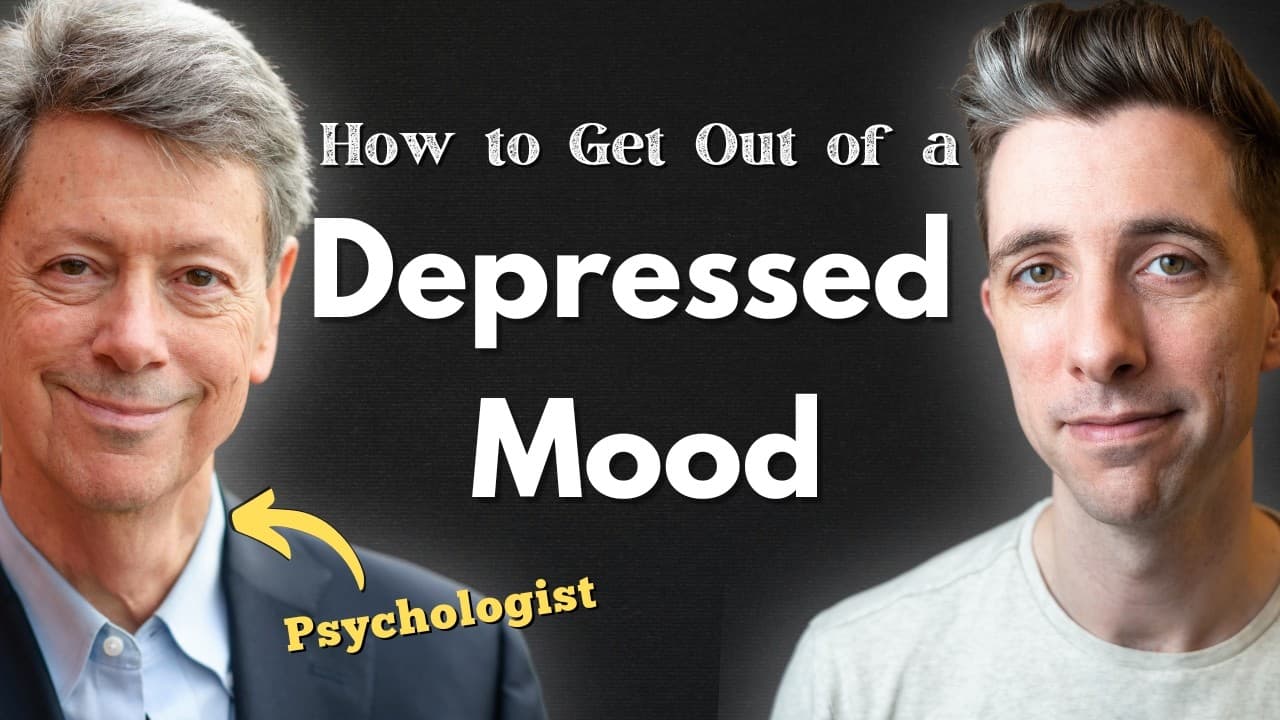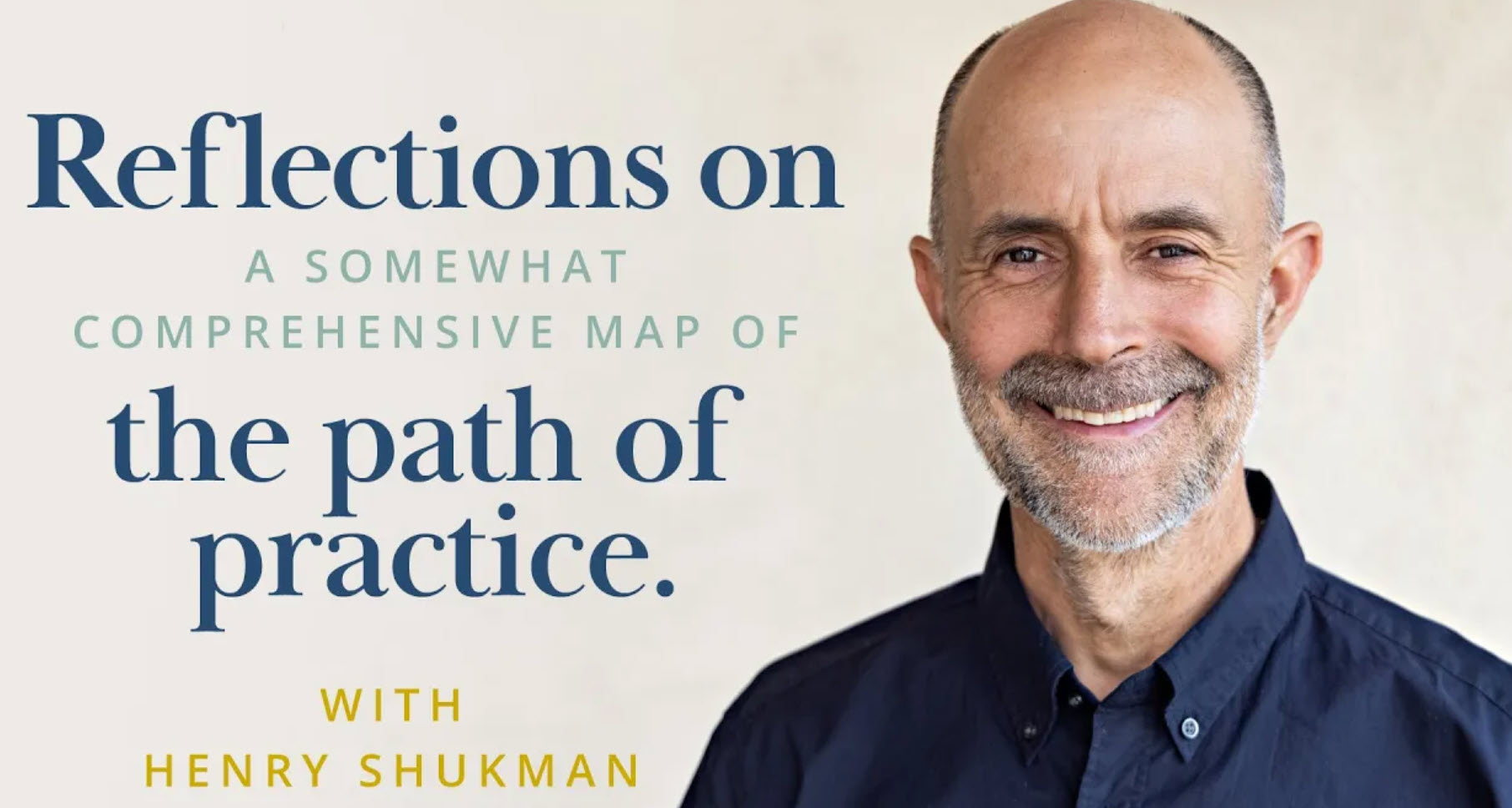Are you thinking too much?
The Practice: Rest your weary head.
Why?
The traditional saying that’s this week’s practice has been sinking in for me lately. Thoughts have been swirling around like a sandstorm about work, things I’ve been reading, household tasks, finances, concerns about people, a yard that needs mowing, loose ends, projects, etc. etc. The other day I told my wife: “I’m thinking about too many things.” Know the feeling?
By “head” I mean the cognitive aspects of experience such as planning, analyzing, obsessing, considering, worrying, making little speeches inside, going back over situations or conversations, and trying to figure things out. “Weary” means being fatigued due to continued exertion or endurance, sometimes also with a sense of being dismayed, even depressed; its roots as a word have to do with the effects of a long journey. Basically, your tank is running low.
When your thought processes are tired, it doesn’t feel good. You’re not relaxed, and probably stressed, which will gradually wear down your body and mood. You’re more likely to make a mistake or a bad decision: studies show that experts have less brain activity than novices when performing tasks; their thoughts are not darting about in unproductive directions. When the mind is ruminating away like the proverbial hamster on a treadmill, the emotional content is usually negative – hassles, threats, issues, problems, and conflicts – and that’s not good for you. Nor is it good for others for you to be preoccupied, tense, or simply fried.
On the other hand, when you rest that busy mind, you stop wearing it out plus you start refueling and repairing it. The roots of the word “rest” come from places to take a break on a journey; it’s natural and necessary to rest when you’re weary.
Get Tips Like This Delivered Right to Your Inbox
You can unsubscribe at any time and your email address will never be shared or sold.
How?
Routinely check in with yourself and ask: What am I thinking about? Is this productive? Do I want to keep thinking about this?
Give your mind little breaks. Look up into the corner of the room. Exhale; this engages the calming and restorative parasympathetic wing of the nervous system to slow your heartrate; the longer the exhalation, the more parasympathetic activation. Bring awareness into the body, whether it’s sensing the breath or paying attention to the movements of walking or reaching for a cup. Set aside a dozen seconds to follow a few breaths. Pull out of thought and, as Jon Kabat-Zinn writes, come to your senses.
Step back and take a bird’s-eye view of wherever you are, as if you were looking down on it from a few hundred feet above. Try to see yourself in a more impersonal way, as a part of a larger stream of circumstances and events. This will tend to activate circuits on the sides of your brain that are associated with spacious mindful awareness, coming into the present, letting go of inner speech, and less burdensome sense of me-myself-and-I.
Above all, recognize that, if you’re like me and I think most people, so much of what we twirl around with in the mind is, frankly, a waste of time. It doesn’t solve a problem, prevent a bad thing from happening, or bring us to peace with others. And it’s deeply unnatural. As we evolved, our ancestors probably experienced more physical but less mental fatigue than most people today in the developed nations. Consequently, our bodies are adapted to weariness – but our minds are not. For a brief time – finals week, an intense month at work, a demanding year with a new baby – OK, sometimes we just have to crank the mind up into overdrive and tough it out. But as a way of life, it’s nuts.
We have to take a stand against the crazy mental busyness that has become the new normal. We’re bombarded with things to think about all day long, flooded with words and images to process, and forced to juggle unprecedented complexities. Our minds are being hauled along behind a culture without a speed limit – but the human body and brain does have a limit, a natural carrying capacity, and when we exceed it there’s always a price. It’s like being trapped in rush hour your whole life. Each time you know this, each time you pull out of the mental traffic, it’s an act of freedom and kindness and wisdom.
And then when you reenter the stream of thought, you’ll be a lot a clearer, happier, and more effective.
Know Someone Who Could Give Their Mind a Break?
Use the buttons below to share this article via social media or email.



